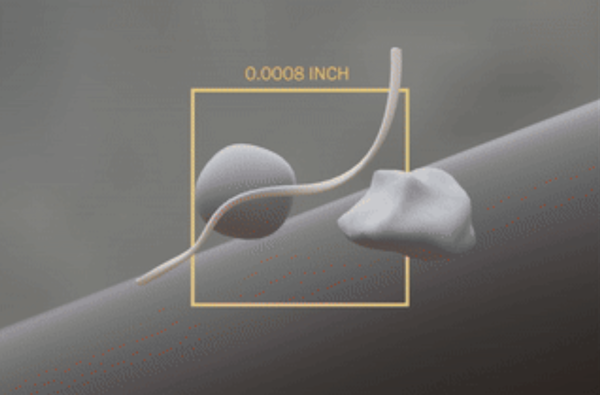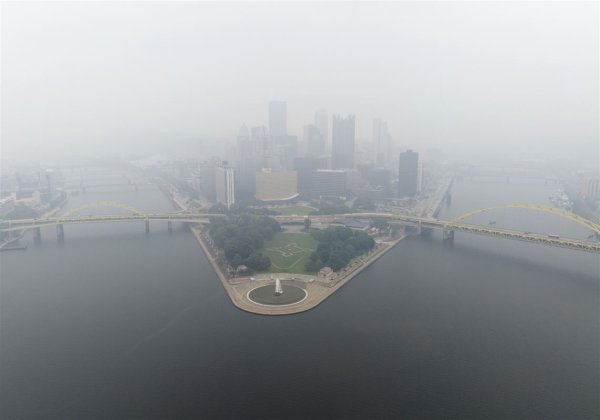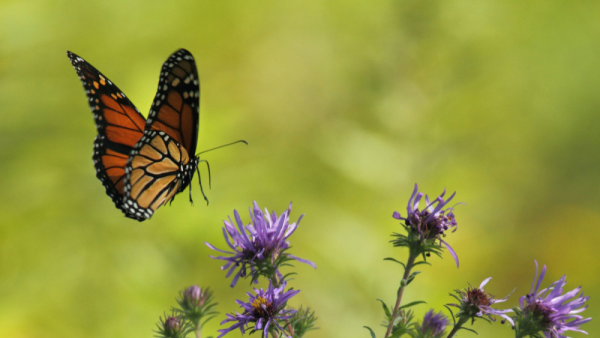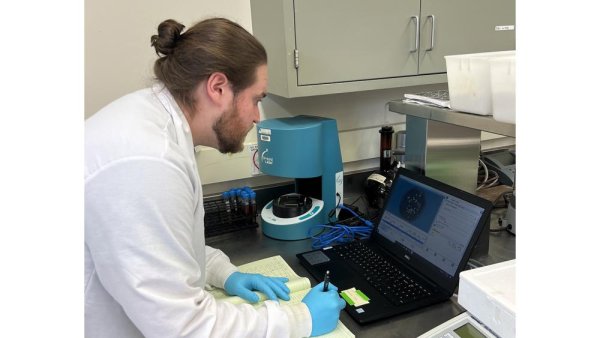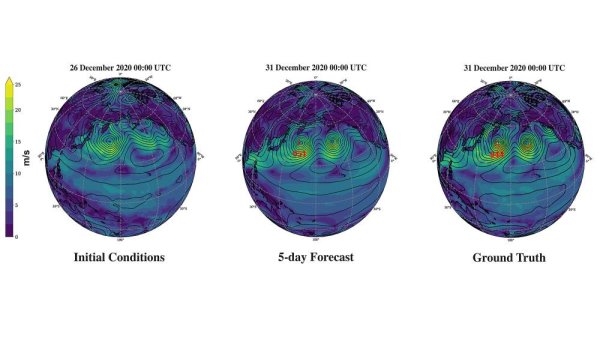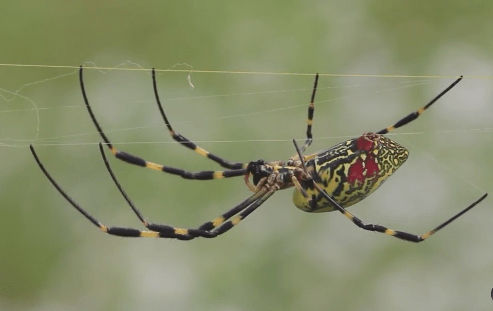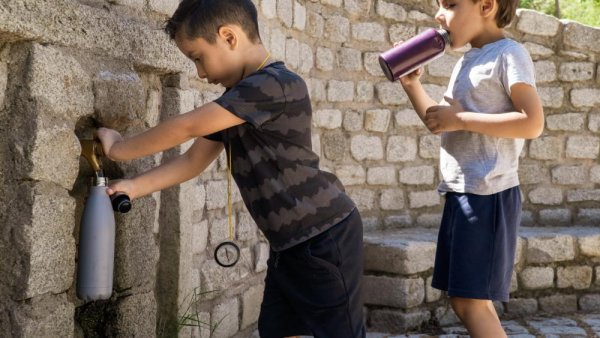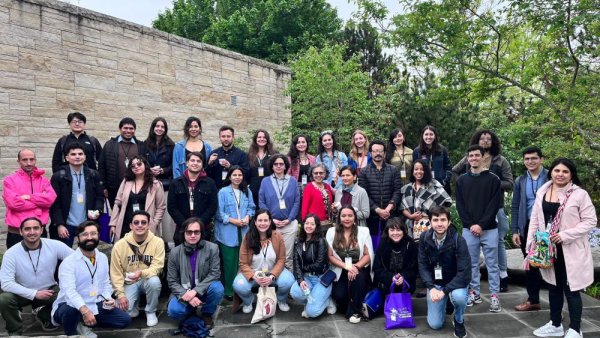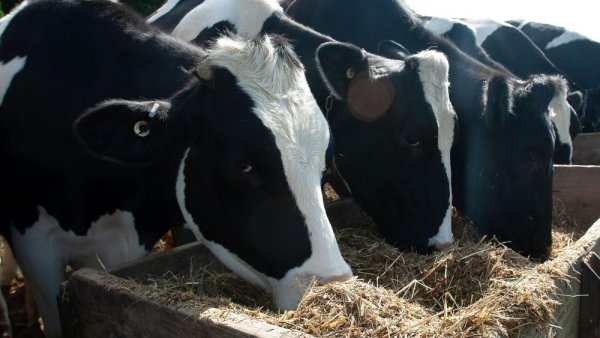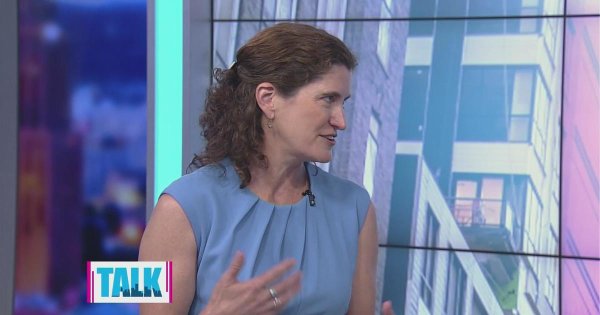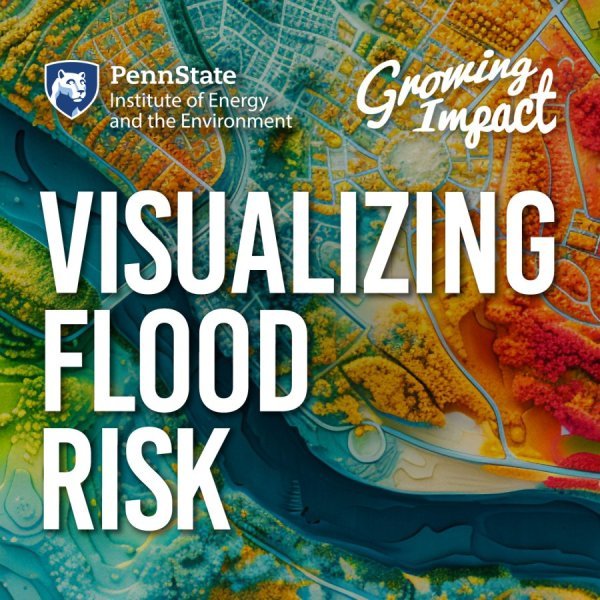The plastics we breathe
| washingtonpost.com
Every time you take a breath, you could be inhaling microplastics. See how tiny and dangerously invasive they can be. This article quotes Sherri Mason, associate research professor and director of Sustainability at Penn State Behrend.
What we learned from last year’s wildfire episodes
| post-gazette.com
While it’s too early to glean the impact of the Canadian wildfires on Western Pennsylvania this summer, smoke particles began wafting across the border last month. This article quotes Miriam Freedman, associate department head for Climate and Diversity and professor of chemistry.
Haiku may shine a light on humans’ relationship with insects, study suggests
| psu.edu
Penn State researchers analyzed which insects were mentioned the most in haiku — with butterflies, fireflies and singing insects such as crickets topping the list. Andrew Deans, professor of entomology in the College of Agricultural Sciences, director of the college’s Frost Entomological Museum and corresponding author on the study, said the findings shine a light on the insects that inspire emotion and awe in humans.
Researchers develop model to guide milk processors’ food safety decisions
| psu.edu
Certain strains of bacteria can withstand heat treatments such as pasteurization of milk and possess the potential to induce foodborne illness. To help minimize and predict the magnitude of this risk, a team led by Penn State researchers developed a model that can guide processors to improve food safety.
Research tackling climate change with machine learning wins best paper award
| psu.edu
Romit Maulik, Penn State Institute for Computational and Data Sciences co-hire and assistant professor in the College of Information Sciences and Technology, is a co-author on a study that won the best paper award at the Tackling Climate Chance with Machine Learning Workshop at the International Conference on Learning Representations.
Could the giant, flying Joro spiders make their way to Pennsylvania?
| abc27.com
(WHTM)– They’re giant, they fly, and they very well could invade the northeast this summer. Experts say they expect the Joro spiders to head to New Jersey and New York this summer. This article quotes Michael Skvarla, assistant research professor of arthropod identification.
Secure access to food and water decreasing for US children
| psu.edu
The number of children in the U.S. facing simultaneous water and food insecurity more than doubled between 2005 and 2020. Additionally, Black children were 3.5 times more likely than white children to simultaneously experience food and water insecurity, while Hispanic children were 7.1 times more likely than white children, according to a new study led by researchers from Penn State and Northwestern University.
Scientific diaspora symposium highlights US-Colombia collaboration
| psu.edu
The Colombian Scientific Diaspora Symposium, organized by the Colombian Graduate Student Community Association at Penn State, took place on May 5 and 6 at University Park. The event aimed to connect Colombian diaspora scientists in the United States and other international researchers interested in working in Colombia. The symposium agenda was designed to promote networking, to exchange experiences and initiate future collaborations.
Q&A: What do I need to know about avian flu?
| psu.edu
Multiple states since March 2024 have reported dairy herds displaying symptoms caused by highly pathogenic avian influenza, raising questions about how the virus spreads, how producers can protect their animals, the risk of infection in people, and the safety of milk and meat supplies. Extension veterinarian Ernest Hovingh, clinical professor of veterinary and biomedical sciences in the College of Agricultural Sciences, answers these and other questions related to the this avian flu outbreak in dairy cattle.
Penn State Cacao and Chocolate Research Network host Agroforest Workshop
| psu.edu
The Penn State Cacao and Chocolate Research Network successfully conducted an intersectional collaborative workshop focused on sustainable agroforestry systems with an emphasis on cacao and coffee production.
Researchers engineer new approach for controlling thermal emission
| psu.edu
If a material absorbs light, it will heat up. That heat must go somewhere, and the ability to control where and how much heat is emitted can protect or even hide such devices as satellites. An international team of researchers, including those from Penn State, has published a novel method for controlling this thermal emission in Science.
How a group of scientists and moms are fighting back against climate change
| cbsnews.com
The Science Moms are working to protect the future of our kids and giving you the tools to demand change. Dr. Erica Smithwick, a professor at Penn State, joined us to talk about the group's important message.

